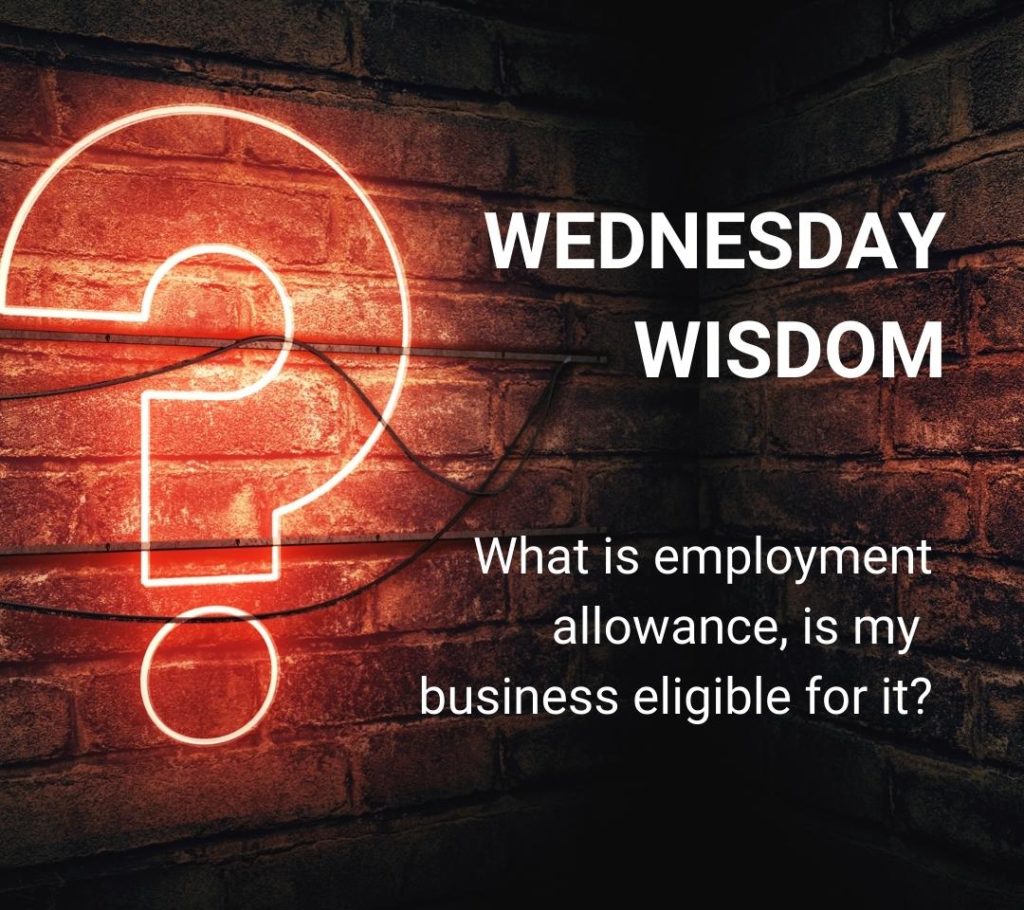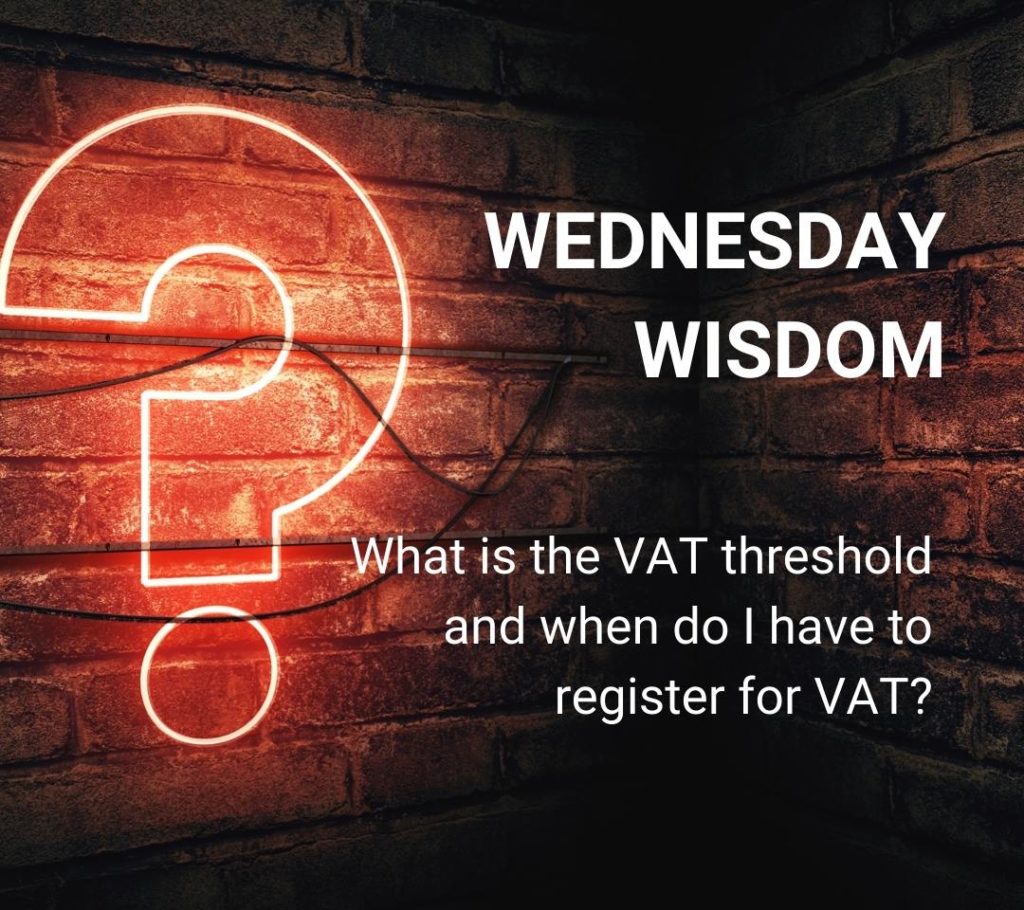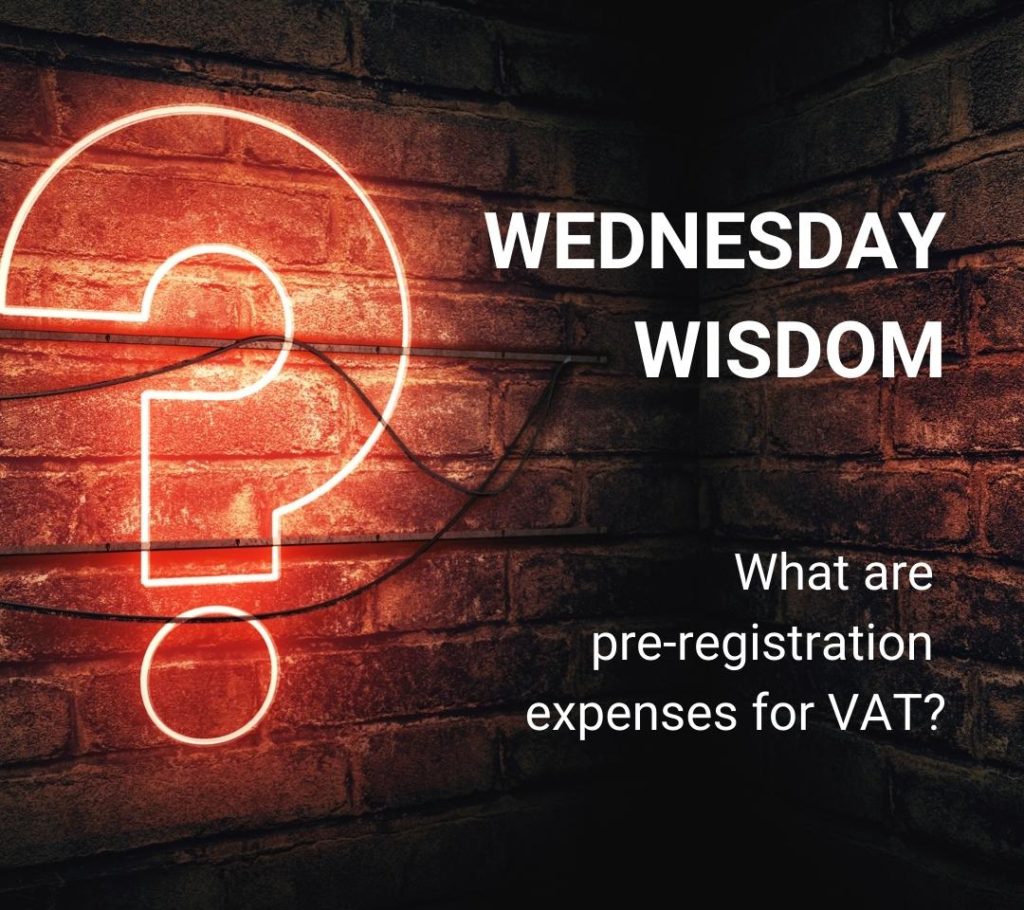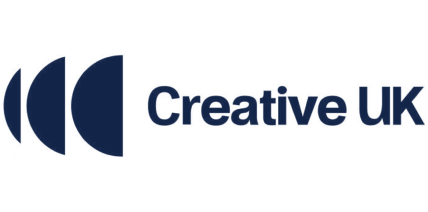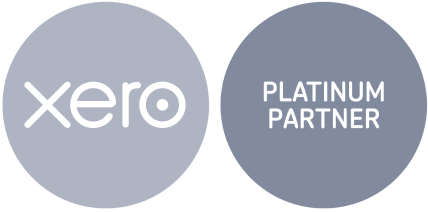And does your business qualify for employment allowance?
NIC, or National Insurance contributions are paid by employees and employers on earnings. National Insurance is similar to income tax, but it helps to pay for state benefits at times when an individual needs help, for example when unemployed, fall ill, in retirement or bereavement.
Employment Allowance
The basics
The employment allowance scheme was implemented to help stimulate economic growth and encourage small firms to take on more employees. Employment allowance allows eligible employers to reduce their annual National Insurance liability by up to £4,000. Basically, this scheme allows a company to write off the first £4,000 (from April 2020) of its overall employers NIC bill each year.
Who is eligible to claim the Employment Allowance?
Most employers with a liability to pay employer (Secondary) NIC are eligible including:
- Sole Trader, Partnerships and companies;
- Charities and those with charitable status such as schools, academies and universities;
- Community Amateur Sports clubs;
- Employers of care or support workers.
You cannot claim if you are a limited company where the director is the only employee (Single director company) paid above the Secondary Threshold. Such businesses are not eligible to claim the employment allowance from 6th April 2016. If however, you are a limited company with two or more directors, where all are paid above the secondary threshold, then the company is eligible to claim the employment allowance for the whole tax year.
Secondary Threshold (set at £8788 p.a. (£732 per month) for FY 2020/21)
Most freelancers and contractors (who pay Class 2 and Class 4 NICs) can’t use the allowance as they don’t pay Class 1 NICs. In addition you can’t claim the employment allowance if you:
- Personally employ someone for domestic work ( e.g. nanny or gardener);
- Carry out more than 50% of your work in or for the public sector. Such as NHS/ GP services /prison service and refuse collection for a local council.
Also note, you do not carry out a function of a public nature if you are:
- Providing security and cleaning services for a public building, such as government or local council offices;
- Supplying IT services for a government department or local council.
Finally from 6th April 2020, there will be further restrictions to target the relief to smaller employers. Where the employer’s total secondary NIC are more than £100,000 in 2019/20, then no allowance will be available in 2020/2021

